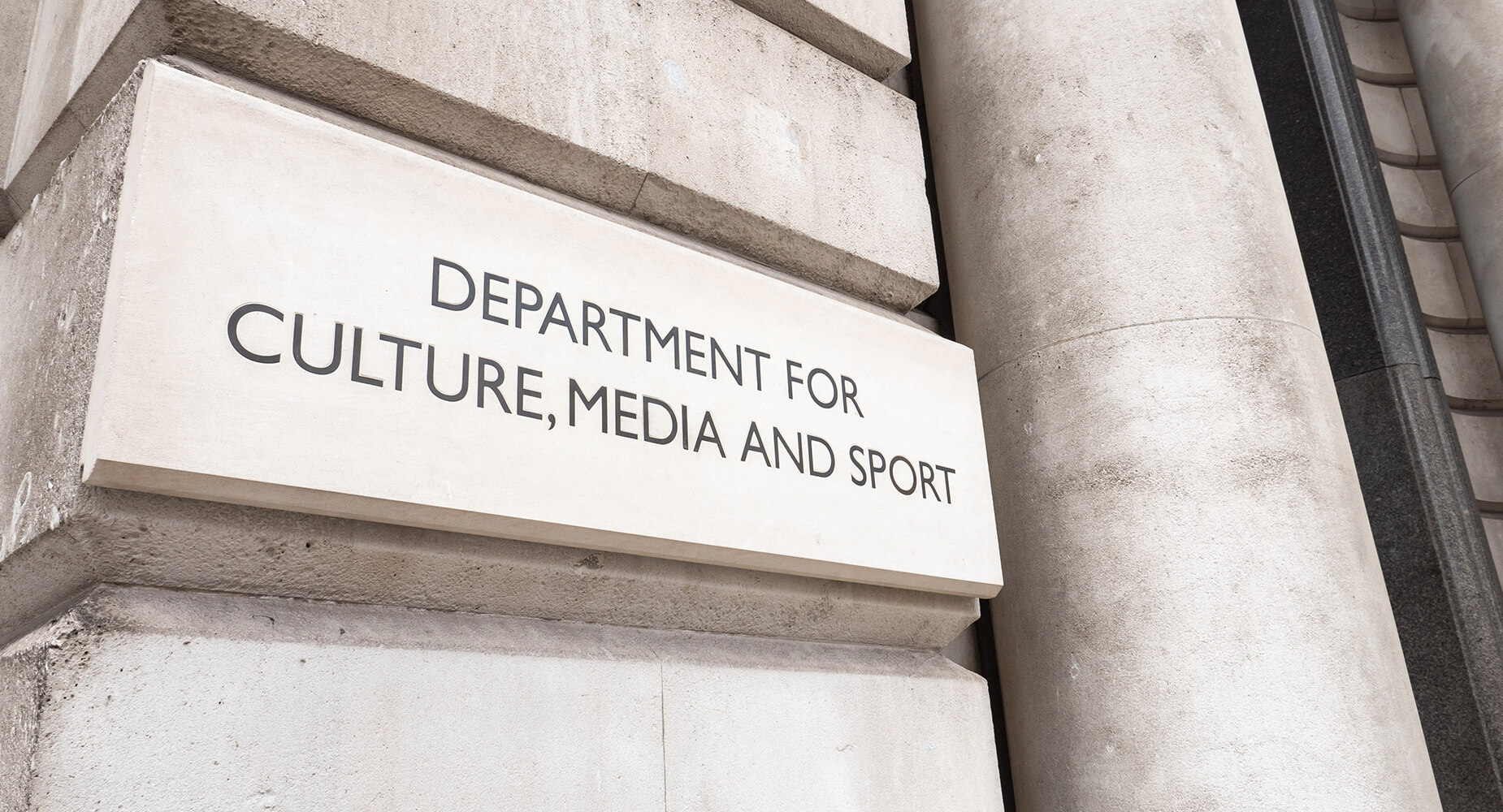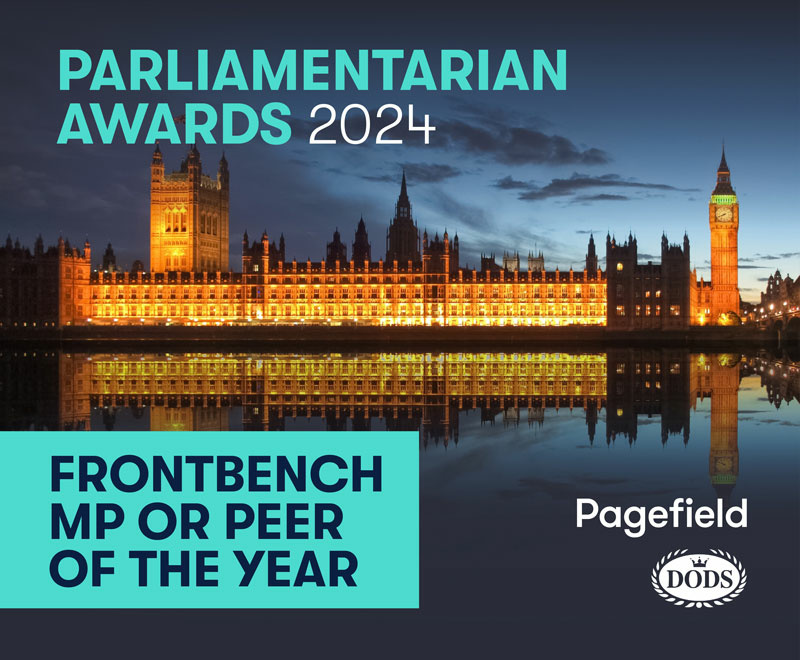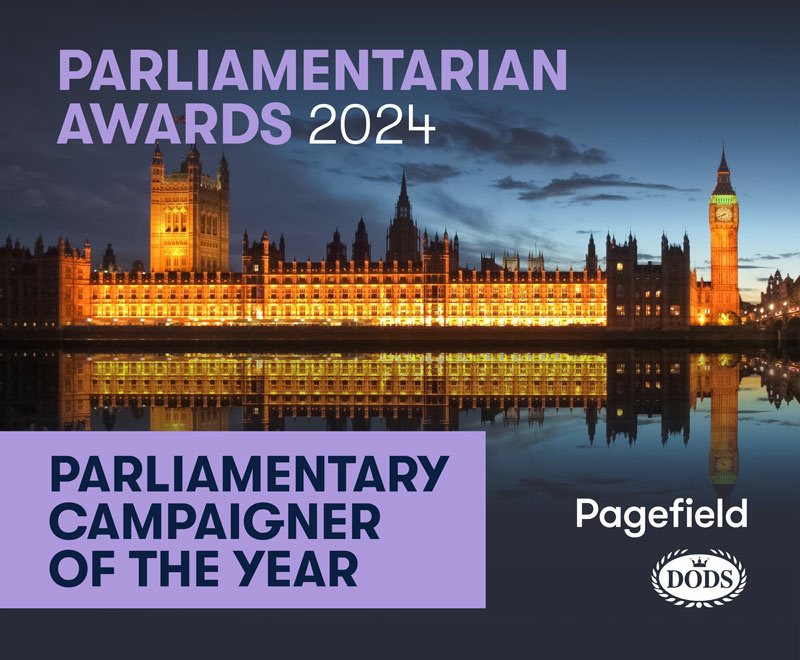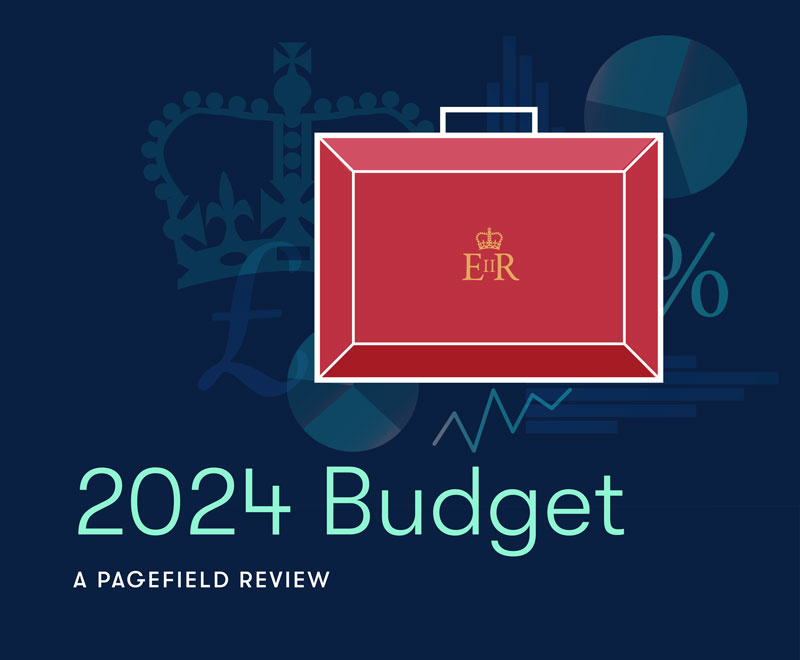The UK’s creative industries are the beating heart of our culture and economy. In a world of increased polarisation, the sector has shown its value by bringing people together. Whether it’s the football world cup, Eurovision or Happy Valley, it is these key moments, shown on the big screen or in front of live audiences, that have created a united feeling of happiness and celebration, regardless of divided opinion.
But there is a growing sense of frustration within the sector. Having been one of sectors hardest hit by the pandemic, it has struggled to bounce back as it grapples with a lack of funding, skills shortages, and slow adaptation to rapid technological change.
Yet when people discuss the systemic issues of the sector, the common denominator relates to how it is being dealt with and run by the Government. The department has had 11 Secretaries of State in the last 10 years. It has one of the biggest policy in-trays of any department, yet movement on policy continues to be delayed. “Due in the coming weeks” has become the stock response for the last 18 months. It is no wonder that a key backbench committee scrutinising the sector – the Lords Digital and Communications Committee – recently warned that the Government’s complacency for the creative industries risks undermining the sector’s future in the UK.
The Prime Minister’s re-shuffle and re-structure of departments is an opportunity to directly address this. Since 2017, DCMS has spanned 4 huge briefs – digital, culture, media and sport but the removal of digital from DCMS, which was promised by Sunak back during his leadership campaign, means that it will now have its own separate department, called the Science, Technology and Innovation Department; a move which is long overdue.
Technology and digital have been part of every single business and every single economic growth plan for the last decade. Yet being crammed into DCMS has meant its potential has never truly been unleashed, highlighted by the recent closure of Tech Nation due to lack of DCMS funding. But now, with its own remit and budget, Sunak’s vision to turn Britain into a scientific superpower is clear, so much so that the job was originally offered to Michael Gove MP.
This is not to say that these ambitions have not been recognised in the original DCMS – there are currently several pieces of legislation going through Parliament, including the Online Safety Bill and Data Protection and Digital Information Bill but due to the lack of capacity within the department, it has meant that other transformative pieces of policy for the creative industries have been pushed aside.
With the department now being refocused to a narrower brief, Lucy Frazer MP, it’s new Secretary of State, an experienced Minister now landing her first Cabinet role, has the opportunity to finally get moving on policy that has been spilling over. This includes policies around gambling, media, and football governance where policy movement is needed to ensure the future of the UK’s creative industries sector can finally prosper once more.
It may have returned to being the department of fun, but the restructured DCMS should not be playing second fiddle, it must be front and centre in our political life. Let’s just hope that there isn’t another Secretary of State in line for a while.




